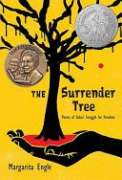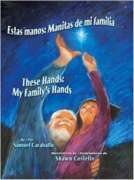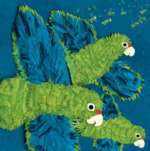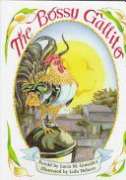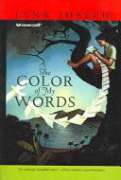
Trey’s little brother, Lou, is different — he doesn’t speak and he suffers frightening seizures. But when he and Trey find themselves mysteriously transported to Pangaia, an alternative universe where pollution and over-development have all but destroyed nature, a militant underground environmental group greets him as the prophesied hero who will save their world. But to realize this prophecy, Lou must take Trey on a terrifying and dangerous mission, with much more at stake than the fate of Pangaia.

